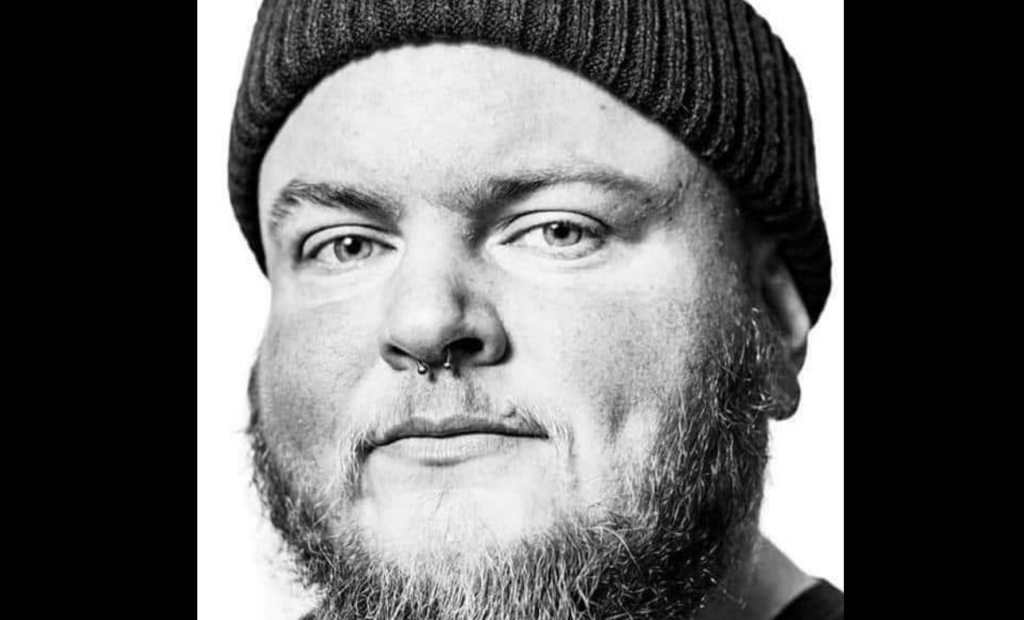
BearWatch: Trans rugby player and activist Verity Smith’s inspiring story
Transgender Awareness Week begins on November 13, and we have decided to start the week by shining a light on one of the community’s brightest stars, trans rugby player and activist Verity Smith.
For 26 years, Verity Smith played on both union and League female rugby teams in the United Kingdom. After enduring much discrimination and hate during his transition, Verity was outed as trans. Before he was able to transition to playing on a men’s rugby team, Verity suffered an unfortunate injury.
Now he has found a few new callings, not only as a Wheelchair Rugby player, but also as an LGBTQ activist. Everyone has wanted to know — Who is that handsome bear that spoke up recently about trans inclusion in rugby? Well, here he is. I had a chat with Verity about his amazing and inspiring story.
Kyle Jackson: Where are you from and can you give us a bit about your background?
Verity Smith: I’m originally from Hull, on the East Coast of England, but based in Leeds now. I’m a proud gay trans man, and now I gues I keep getting called a “bear”…? I had to hide who I was so that I could carry on playing rugby; I had to choose to live my life or lose the one thing I loved — rugby.
I tried to fit in as a lesbian, but I knew it didn’t feel right. I spent many years not speaking to anyone, and just making odd comments after some alcohol. Now, I get to be me — my authentic self.
I have always been into sport; I never entertained anything that the girls did when I was younger. My dad was a paramedic and my mum was a nurse, so, thanks to sport, I saw much more of them at work than I did at home. (laughs) My parents passed away when I was younger, so I was raised by my grandmas.
KJ: How or when did you begin playing, and can you tell us a bit about your background in rugby?
VS: I was 11 when I started playing girls rugby league. I had gotten myself into mischief playing football, and my parents and local rugby coach thought it might be a good idea to try my hand at rugby.
In 1992, I started playing for the Hull Vixens and from then there was no looking back. I struggled to get games with the under 16’s and even under 19’s, because they didn’t want to play me, so the coaches rang my dad and asked if he would let me play senior rugby on the women’s team.
He agreed, so I started playing on the senior women’s team. When I got to 14, I also started playing rugby union and it stole my heart. I loved the rucks, mauls and lineouts, and my favourite was the scrum. I started asking when you could just go straight in with power and hit against the opposition for possession of the ball.
As I got to 16, I started playing representative rugby union and league fell by the wayside. I carried on playing women’s rugby for 26 years, playing premiership, North of England and North East of England. About 5 years before the end of my career, I started playing rugby league again and represented Yorkshire and played on the first women’s super league team.
KJ: Did you play women’s rugby throughout your transition, and what are some of the challenges you faced?
VS: Yes, I played women’s rugby for as long as I was allowed to during the transition. I refused to shave my beard so it caused comments, but I couldn’t play on a men’s team. All I wanted to do was play rugby.
In 2018, I was in transition and still playing women’s rugby when I was assaulted on the rugby pitch during a game and had blood spat in my mouth. I was outed over social media and my story was sold to the press.
I’ve also been removed off the pitch and told I was a danger to women. I have been refused entry into my own changing rooms and toilets by the opposition. For anyone wondering, I would rather have played there than be told I could no longer play at all and have my world pulled away from me.
I thought that was it and I wouldn’t be allowed to play again, but I was wrong. Everyone in my rugby family stood up and supported me. They pushed for changes and challenged the powers that be for my right to carry on playing during transition.
KJ: That led to you eventually winning the Rhino Prop Star Award, right? Can you tell us a bit about that?
VS: The Rhino Prop Star Award was an amazing opportunity to give a platform and a voice to inclusion within sport. After being assaulted on the pitch in 2008 and having my story sold to the papers, my coaches and team decided we should turn it into a positive.
I started working and speaking up for trans inclusion in sport, as there were lots of negative press and comments. I was nominated by some players for the Prop Star Award, never thinking anything would come of it due to a trans rugby player being such a taboo topic.
It went to the public vote in national papers and online. I got down to the last 3, and was invited to Twickenham Stadium for the announcement. I went and won, showing that people are willing to stand up, support, be heard and embrace that anyone can play sport.
We now need the national governing bodies in all sports. We also need World Rugby to start looking into research that actually speaks to the people it concerns and involves them rather than banning a whole community and policing peoples bodies.
KJ: Can you tell us more about your injury and your transition to wheelchair rugby?
Well, disaster sort of struck in 2018 when I took a bad tackle in a match whilst out on loan. My spinal cord was crushed, which resulted in nerve damage to my left leg and foot, and issues in my spine.
I thought everything was over. I went on to have spinal surgery and then further leg and foot reconstruction. My heart sank when I got the news major nerves had died and that I would never play the running version of the game anymore. My mental health dropped and thoughts rushed through my head. I didn’t know who I was anymore. I wasn’t Verity without rugby, so who was I?
I didn’t cope well asking for help and fought against everything, losing part of myself along the way. I thought coming out as a gay trans man was hard, but this was another level to overcome. I started wearing leg braces; night and day ones, air boots and finally using a wheelchair for parts of my day. It was so hard to drag the weight around and I just dropped into a mental black hole.
I saw an advert for a wheelchair rugby team and part of me came back to life. But I was scared; What would they think of me? Would they accept me? What if I was no good? The thought of the chair scared me even more. It took me six months to write a message to the club. I wanted to so many times but I was scared they would say no and I could have something taken away from me again. The first message I sent was, “Can I play because I’m trans?”
Eventually after a few months of messaging my best mate’s wife took me to a training night. Soon as the rugby wheelchair came into sight I burst into tears. I turned and started to walk away. I couldn’t do this. Why was this happening to me? I wanted my life back.
But life has now changed. I joined in the session and everyone made me feel welcome. The first pass of the ball was like the feeling of being home for me and a spark of warmth for the first time in a long time. I was having feelings and emotions again other than just feeling pain and fear since the accident.
KJ: That’s an amazing story, and how you’ve persevered through so many unfortunate events and still coming out such a winner is truly inspiring.
VS: Thank you!
KJ: And now you’re using your voice to help others. You have recently spoken up about trans women’s rights in rugby. What made you decide you needed to say something?
VS: Everyone has a human right to be able to participate in sport. As a trans man, I have experienced prejudice, but trans women in sport are becoming a target for hate with no substantial scientific evidence or research to support many of the claims. They are not even being included in these discussions.
I’ve played against and on the same team with trans women, and I’ve also played against bigger and smaller cis players and trans players. The world is changing, and sport needs to adapt. World Rugby can’t remove a whole community based on the assumptions of cis elite female and male players. We need to stand as a community and support everyone.
KJ: So, along with playing Wheelchair Rugby, you have also started a new job. Can you tell us about that?
VS: Yes, I am now the new Trans inclusion in Sports Officer for Mermaids, one of the UK’s leading LGBTQ+ charities that supports trans and gender-diverse children, young people and their families with secure online communities, local community groups, helpline services, web resources, events and residential weekends.
I’m also the Diversity & Inclusion lead for International Gay Rugby (IGR) and World Barbarians RFC.
KJ: What is the message you want to give to the world?
VS: Education not discrimination. #RugbyForAll #SportForAll
Instagram: @smithverity





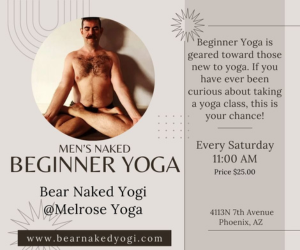

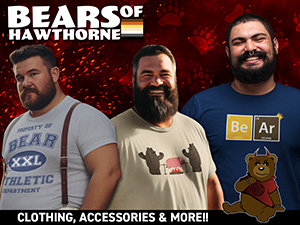
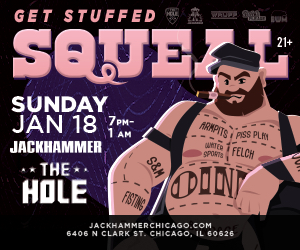
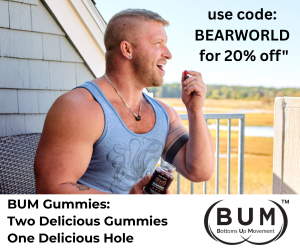


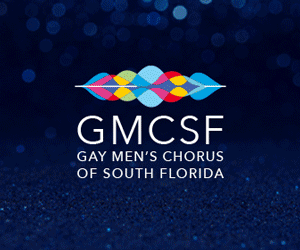
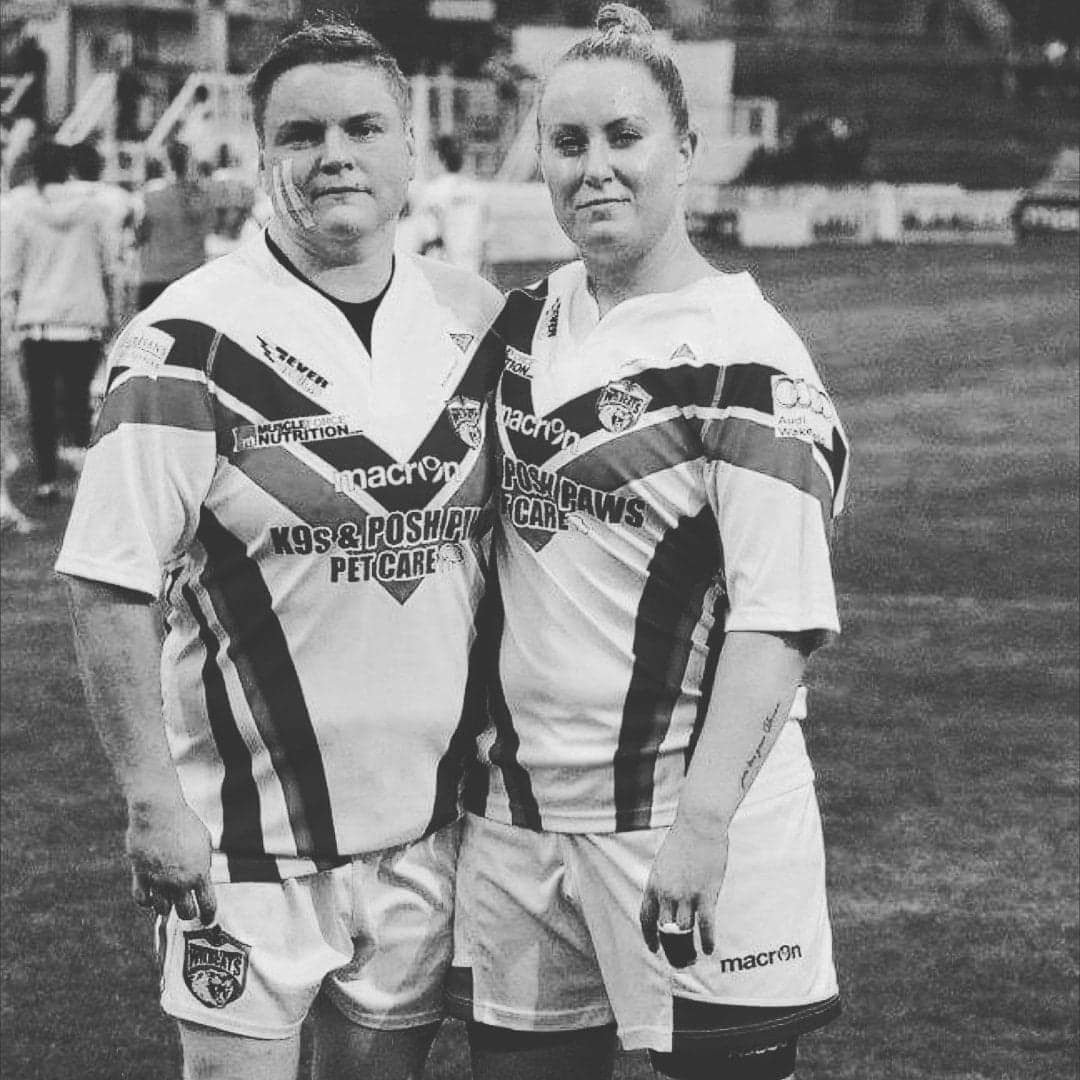
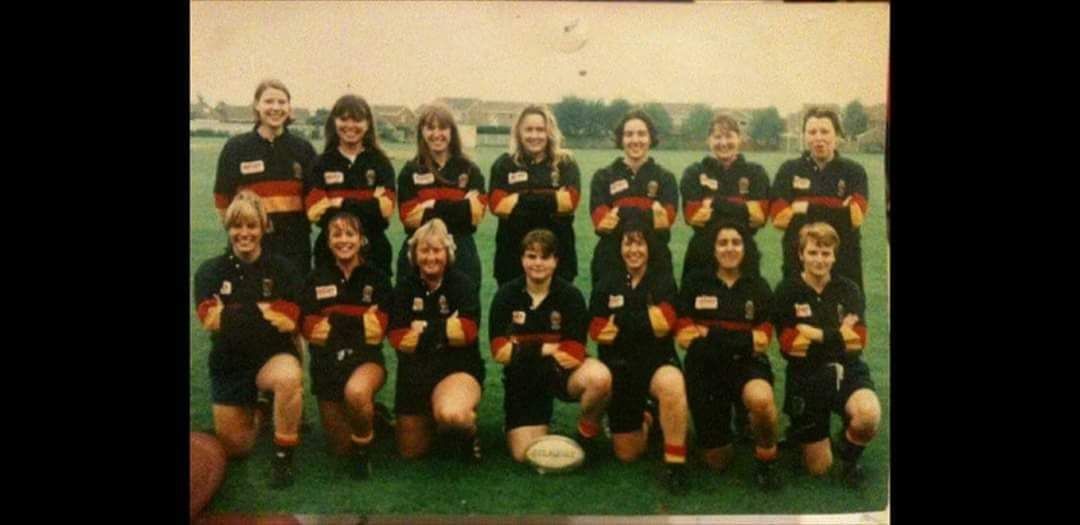
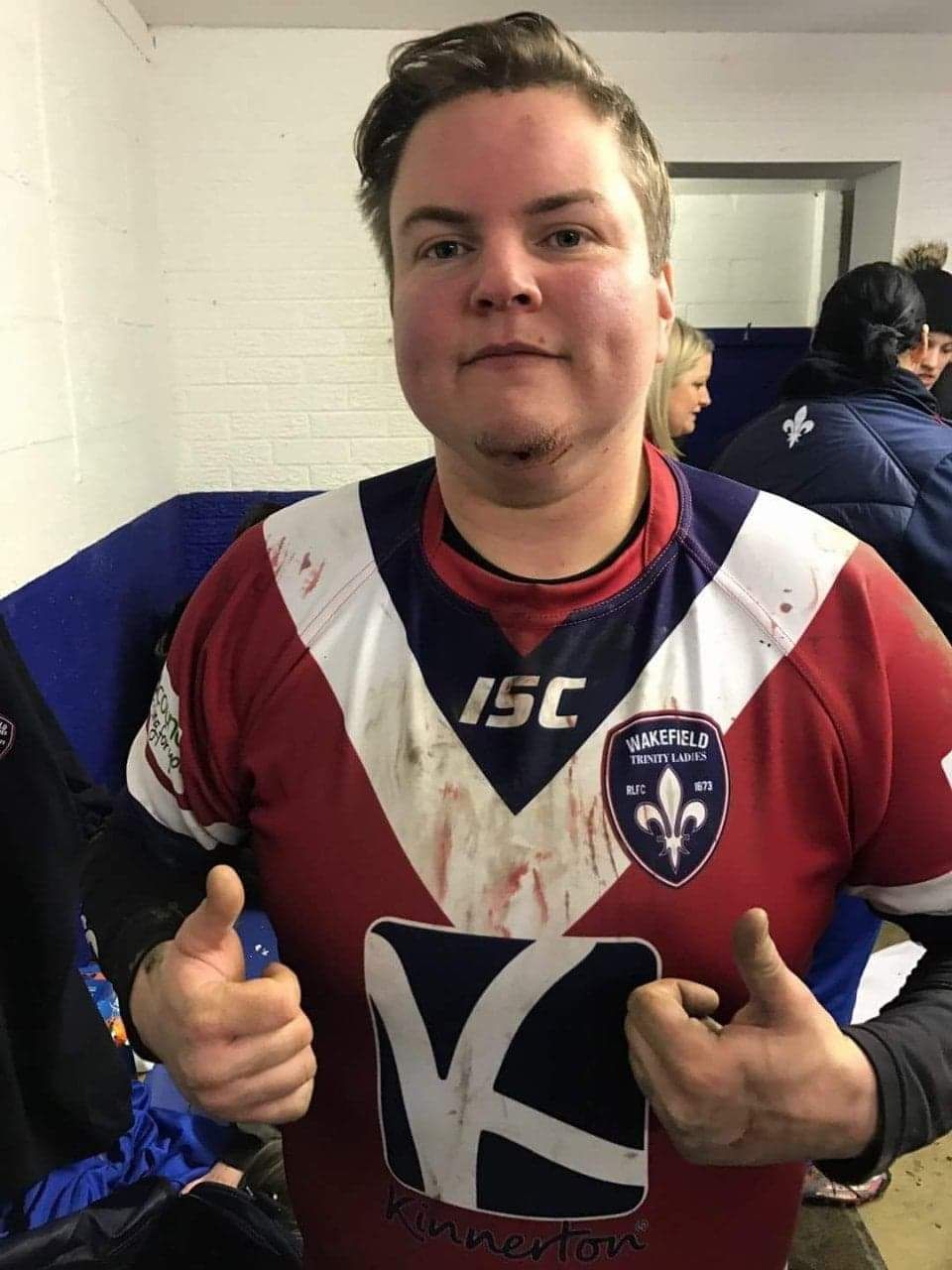
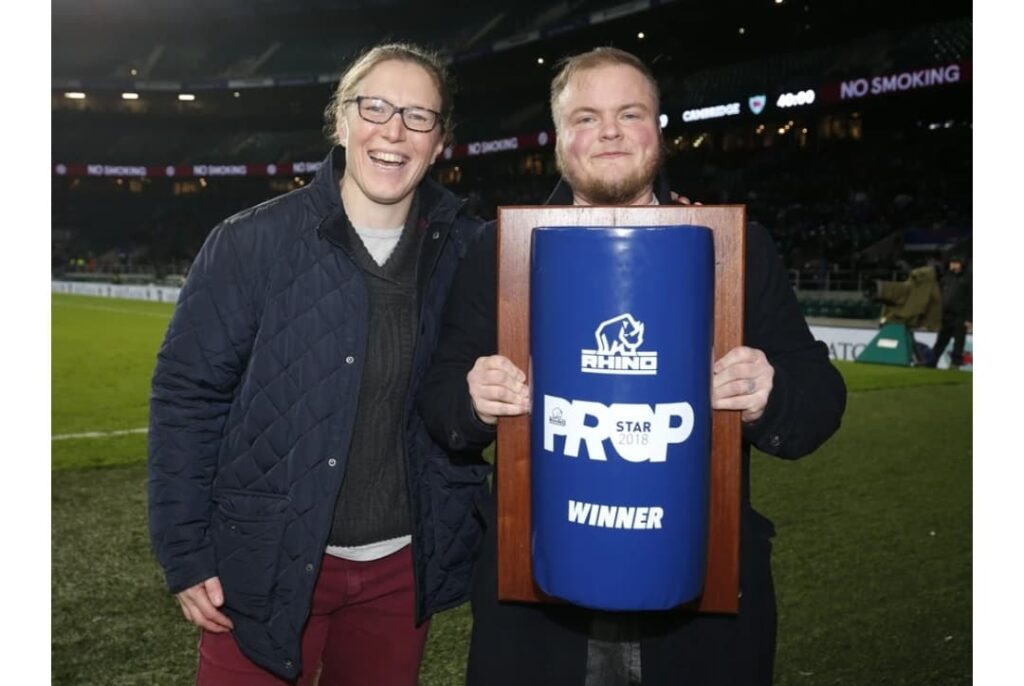
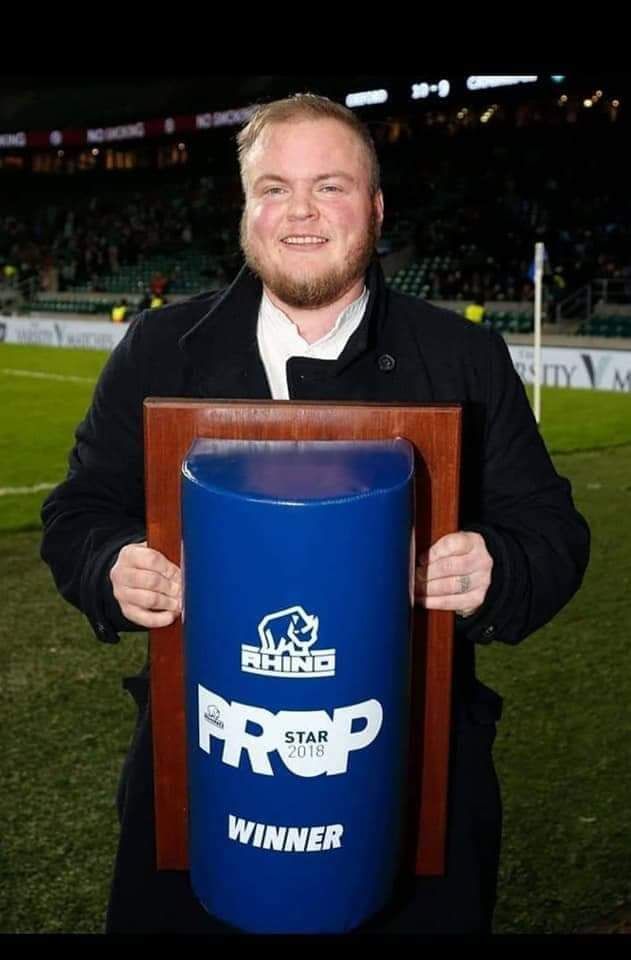
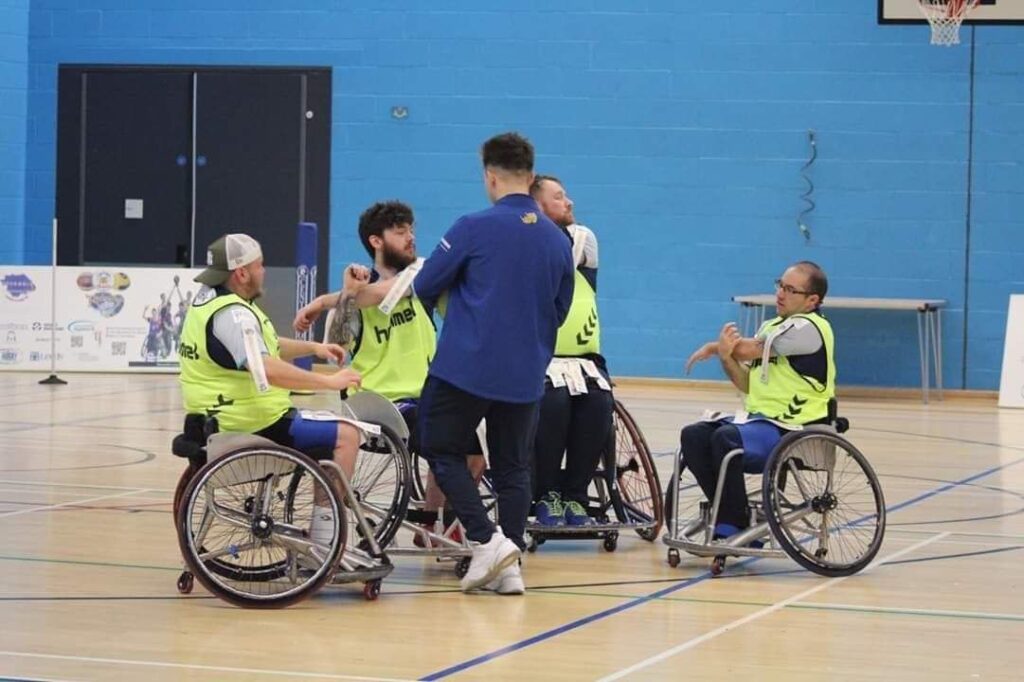
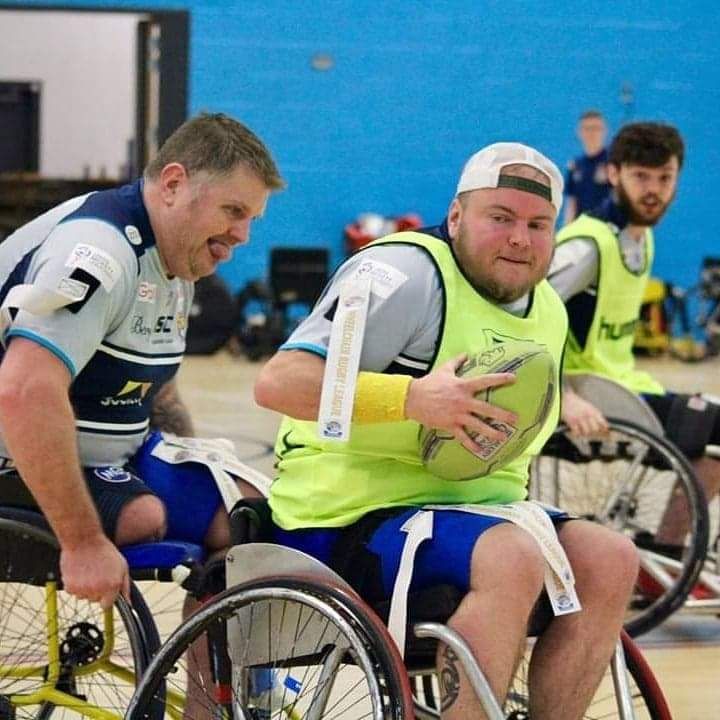
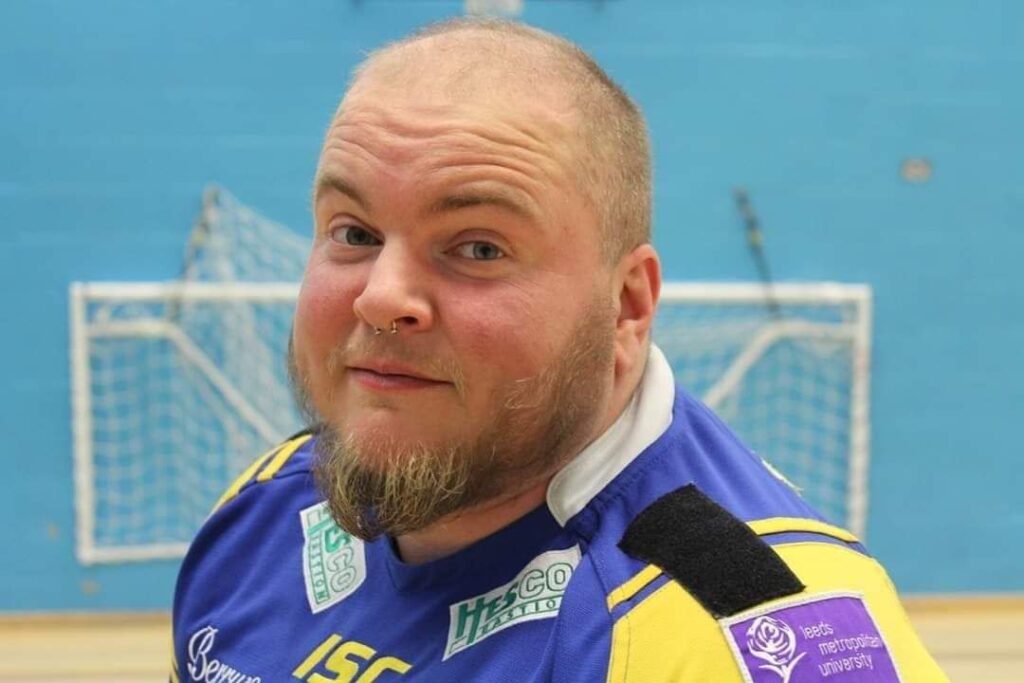
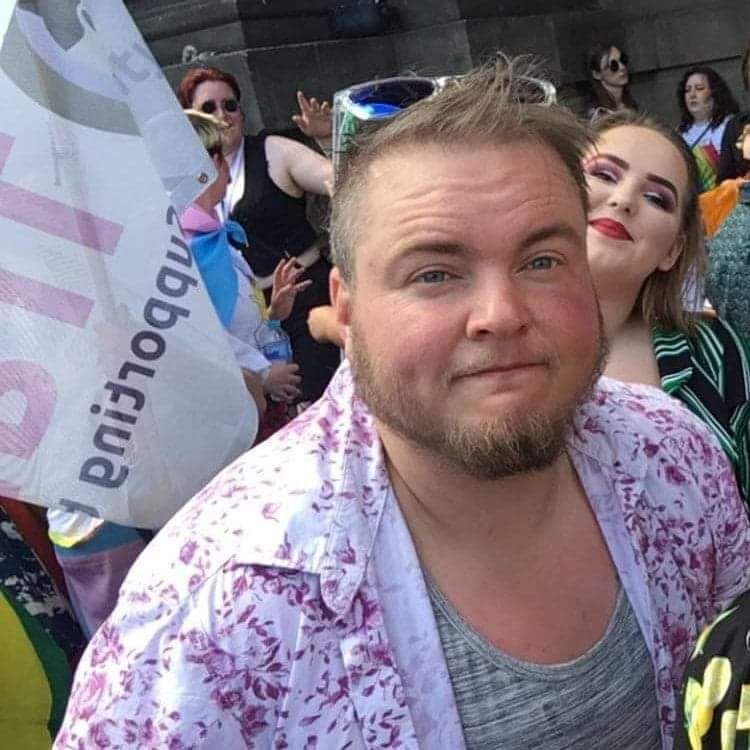




So inspiring!! Love to be apart of the Bear fam!!!
Very inspiring. <3